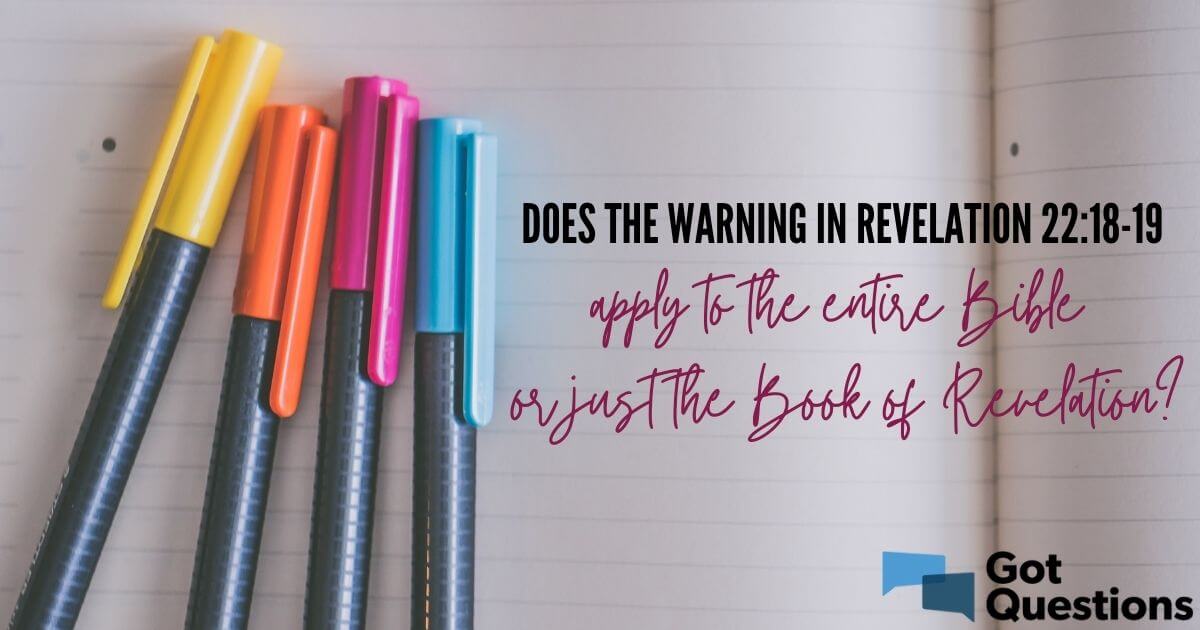Enlightenedtruth
Member
In another thread I asked a question about a specific Book of the Bible; and I was provided with this really helpful link:

But in some of my other reading I found this link:

 www.britannica.com
www.britannica.com
britannica used to publish encyclopedia's which I found very useful in school a long time ago; but that does not make them the "absolute authority" on anything.
In the gotquestion link it holds that the Word of God in the Bible should never be changed or altered; but in the britannica link it indicates when the King James translation was made the authors used synonym's instead of the literal Word's that had been given by God.
I know the moderator's on our forum don't like it when I question the "absolute authority" of the Bible. But I just don't understand how synonym's would in no way change the Word of God; I thought God used the exact Word's he intended. Can anyone help me understand that please?

Does the warning in Revelation 22:18-19 apply to the entire Bible or just the Book of Revelation? | GotQuestions.org
Does the warning in Revelation 22:18-19 apply to the entire Bible or just the Book of Revelation? Why is there such a severe penalty for corrupting God’s Word?
www.gotquestions.org
But in some of my other reading I found this link:

Biblical translation | History, Challenges & Benefits
Biblical translation, the art and practice of rendering the Bible into languages other than those in which it was originally written. Both the Old and New Testaments have a long history of translation. A brief treatment of biblical translation follows. For full treatment, see biblical literature:
britannica used to publish encyclopedia's which I found very useful in school a long time ago; but that does not make them the "absolute authority" on anything.
In the gotquestion link it holds that the Word of God in the Bible should never be changed or altered; but in the britannica link it indicates when the King James translation was made the authors used synonym's instead of the literal Word's that had been given by God.
I know the moderator's on our forum don't like it when I question the "absolute authority" of the Bible. But I just don't understand how synonym's would in no way change the Word of God; I thought God used the exact Word's he intended. Can anyone help me understand that please?